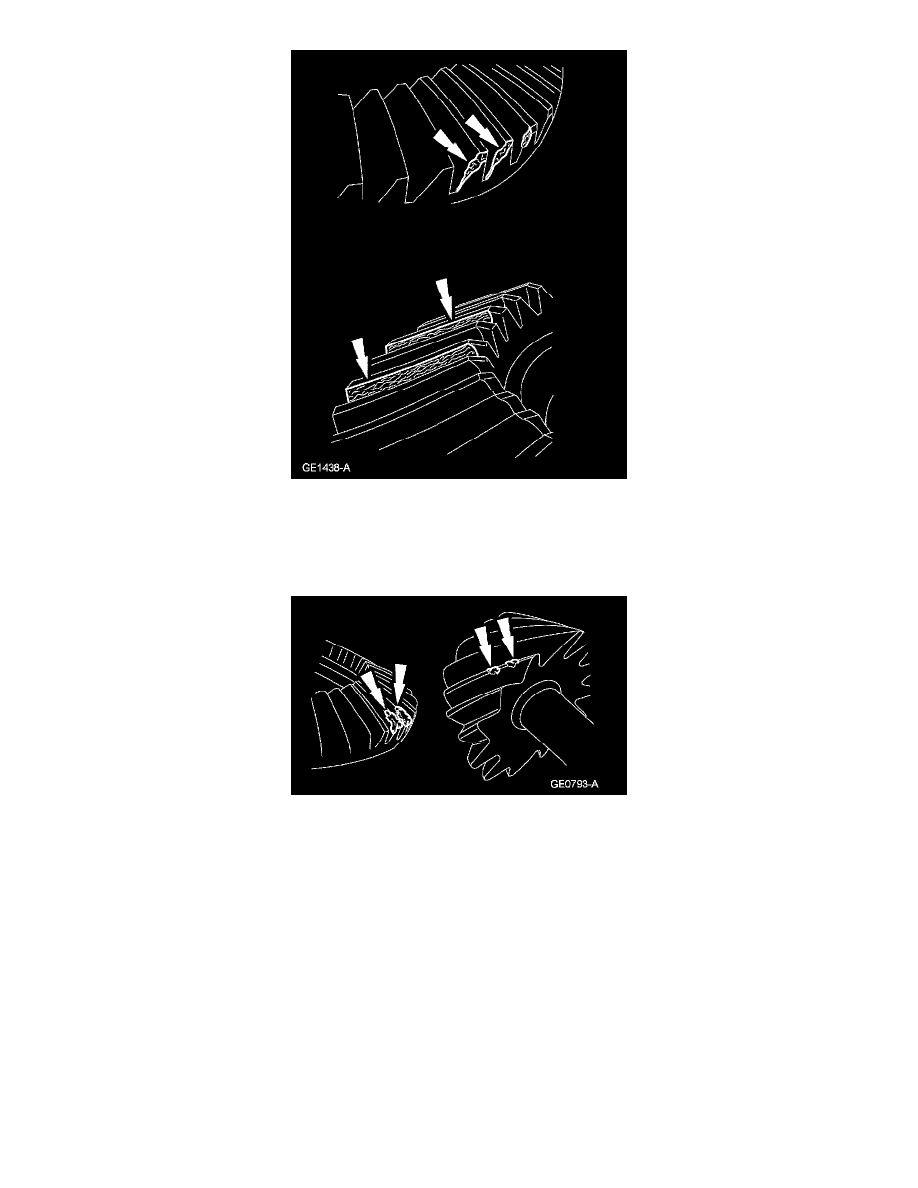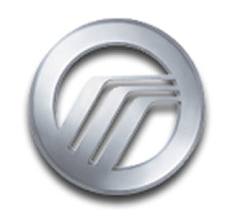Mountaineer 2WD V6-4.0L VIN K (2007)

If metal has broken loose, the axle housing must be cleaned to remove particles that will cause damage. At this time, any other damaged parts in the
axle housing must also be installed new.
Knock
Knock, which can occur in all driving phases, has several causes including damaged teeth or gearset.
1. NOTE: Measure the end play with a Dial Indicator with Bracketry and not by feel.
Knock is also caused by excessive end play in the axle shafts. Up to 0.762 mm (0.030 inch) is allowed in semi-float axles. The frequency of the
knock will be less because the axle shaft speed is slower than the driveshaft.
Clunk
Clunk is a metallic noise heard when the automatic transmission is engaged in REVERSE or DRIVE. The noise can also occur when throttle is applied
or released. It is caused by backlash somewhere in the driveline or loose suspension components; it is felt or heard in the axle.
Additionally, clunk may be heard upon initial drive-away. This occurs as engine torque shifts vehicle weight, forcing changes in driveline angles
which prevent the driveshaft slip-yoke from sliding on the output shaft. To correct this condition, lubricate the slip-yoke splines.
Bearing Rumble
Bearing rumble sounds like marbles being tumbled. This condition is usually caused by a worn/damaged wheel bearing. The lower pitch is because the
wheel bearing turns at only about 1/3 of the driveshaft speed. Wheel bearing noise also may be high-pitched, similar to gear noise, but will be
evident in all 4 driving modes.
